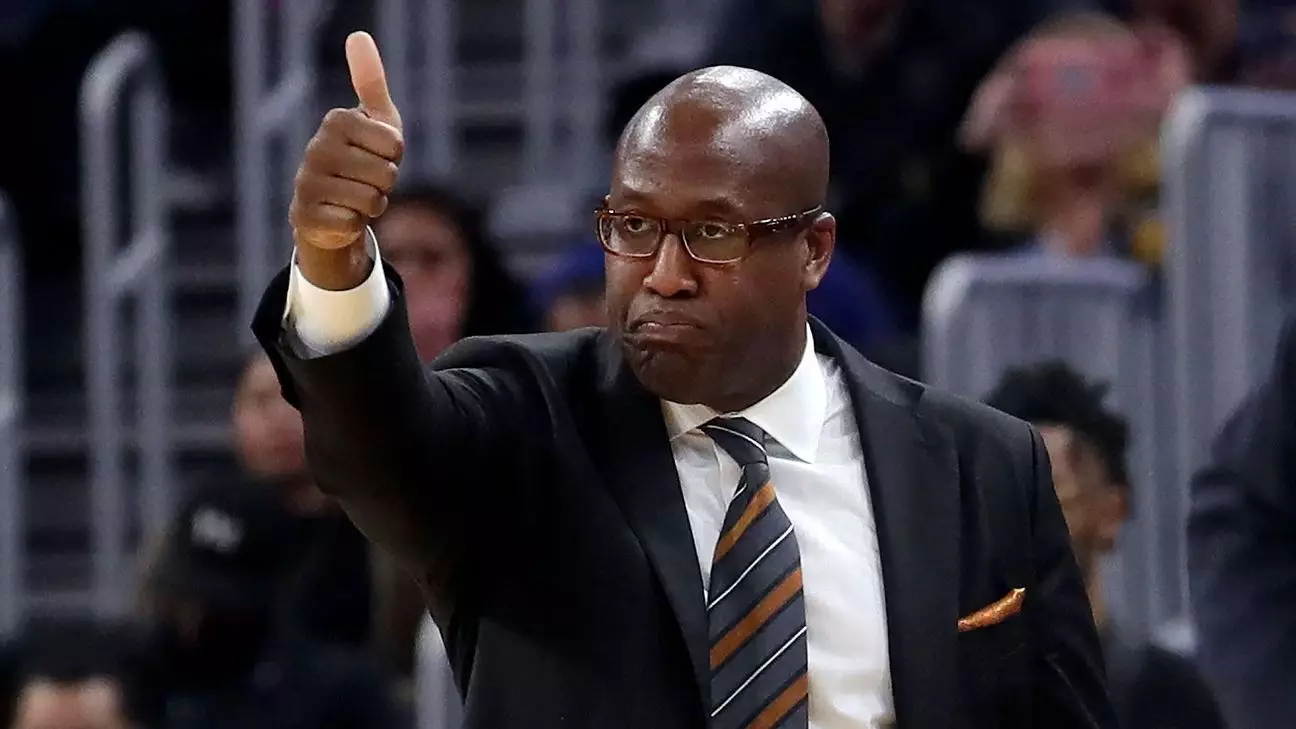The New York Knicks are embarking on a decisive chapter, seeking to redefine their trajectory through a high-stakes coaching hire. After parting ways with Tom Thibodeau, the organization has shown a willingness to explore innovative options and embrace proven leadership. The selection of Mike Brown signals a commitment to excellence, but it also raises questions about the franchise’s strategic direction and willingness to take risks. The Knicks’ rigorous process—deliberately seeking out multiple candidates yet prioritizing Brown—demonstrates their understanding of the importance of a visionary coach who can cultivate a winning culture in a city hungry for victories. This move suggests the franchise recognizes the necessity of bold decisions if they wish to halt their long-standing drought and recapture their former glory.
The Significance of Mike Brown’s Proven Track Record
Mike Brown’s profile as a two-time NBA Coach of the Year is more than just a collection of accolades; it highlights his versatility and resilience amid varied circumstances. His coaching career spans over three decades, during which he has navigated challenges and elevated the teams he’s led. His deep experience working with superstar talents—ranging from Steph Curry and Klay Thompson to LeBron James—underscores his ability to connect with top-tier players and architect successful systems. Brown’s tenure with the Sacramento Kings, although brief, marked a historic achievement: ending the franchise’s 16-season playoff drought. This accomplishment shouldn’t be understated, especially given the Kings’ offensive prowess under his guidance. Yet, his recent dismissal from Sacramento exposes an oversimplification of coaching success, reminding us that even accomplished coaches face setbacks. For the Knicks, hiring a coach with such a resilient resume signals a desire for stability tempered with a hunger for greatness.
Challenging the Status Quo in New York
The Knicks’ historical struggles—highlighted by their last NBA championship in 1973 and a finals drought that stretches into decades—reflect a franchise often caught between promise and disappointment. Acquiring Mike Brown represents a conscious effort to reverse this narrative. The franchise’s history of hiring well-regarded but underperforming coaches underscores the challenge of translating talent into titles. Brown’s repeated interviews and multi-layered discussions with ownership and front office suggest an appreciation for strategic planning rather than mere optimism. His experience coaching legendary figures and guiding teams to playoff success indicates that he possesses the tools necessary to unlock the potential of New York’s roster. Moreover, the franchise’s willingness to pursue a coach with a primarily defensive and developmental reputation reveals an enlightened approach—focusing less on flash and more on sustainable excellence.
The Road Ahead: Expectations and Reality
While the Knicks’ decision to eye Mike Brown is a step in the right direction, it also sets a high bar. The franchise’s passionate fanbase demands more than just competitive seasons; they crave championships. Achieving this requires more than a coach—it demands a comprehensive overhaul of the team’s roster, culture, and player development strategies. Brown’s track record indicates he can cultivate discipline and foster team cohesion, but his success in New York will hinge on organizational backing and a willingness to innovate. The franchise’s future hinges on whether they can translate Brown’s past accomplishments into a tangible path to the Finals. Given New York’s storied history and passionate following, every move is scrutinized, and expectations are sky-high. If the Knicks truly want to turn the page, hiring Brown signifies a daring commitment—one that could either elevate the franchise to new heights or expose lingering shortcomings if not paired with strategic roster construction.

